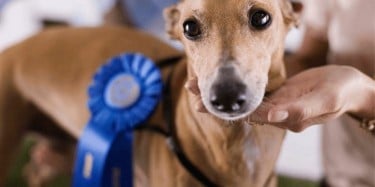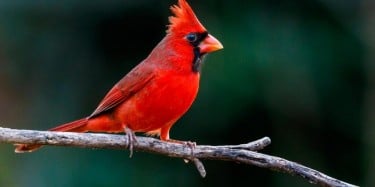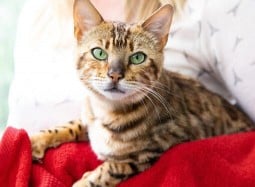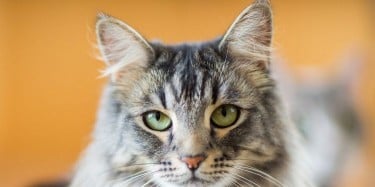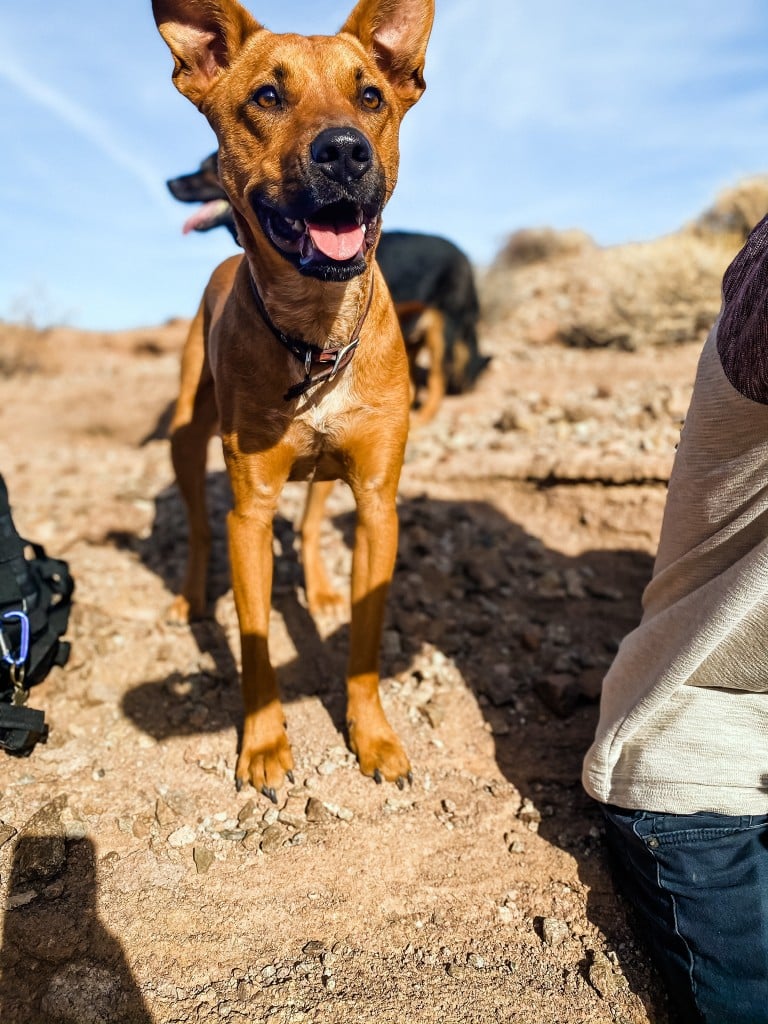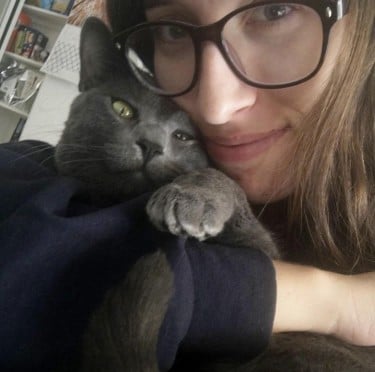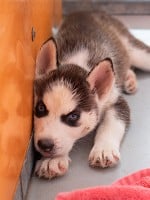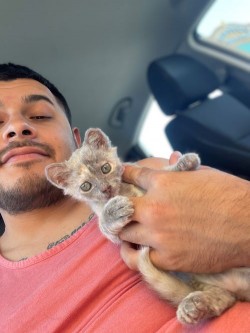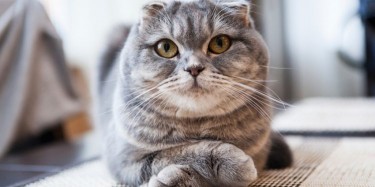
Origin and History
The Scottish fold cat is a breed of domestic cat originated in Scotland in the early 1960s. This particular type of cat had the characteristic fold in the middle of its ears even back then. This fold results from an imperfection in cats’ cartilage called osteochondrodysplasia. This was one of the reasons this breed of cat was not allowed to compete in cat shows, and in 1971 their registration was cancelled.
Breed associations still do not recognize Scottish Folds. Europe has likewise outlawed the breed. Luckily, since these kitties are ill and frequently in pain. Continue reading for more details, which are provided under the heading “diseases and conditions.”
The Appearance and Coat
According to the standard, this cat breed can come in various colors, except for chocolate, color-point, and lilac. They have a round head, large round eyes, and thick coat that’s soft and dense. The coat can be short long, and it’s comes in a variety of colors, including, white, black, blue, red, cream, and tortoiseshell. The fur is often folded or crinkled, which gives the cat its characteristics appearance. Some Scottish fold cats have a bobbed tail, while others have a full tail. Their ears are the most distinctive feature, and they fold forward in a “V” shape.
The head of a Scottish Fold is round, with rounded cheeks and a rounded forehead. The chin is firm, the ears are very small and folded forward. Furthermore, the eyes are moderately spaced, round, and can be of any color.
Personality and Temperament
Scottish fold cats are known for being affectionate and good-natured. They’re also intelligent and curious, and they love to be around people. They’re not typically aggressive or vocal, but they do like to be the center of attention. They’re also relatively low-maintenance when it comes to grooming and care.
They are affectionate and friendly, and love to be around people. They’re also known for being quite laid-back and adaptable. They’re typically high-strung or hyperactive, and they’re generally content to lounge around and enjoy the simple pleasures of life. They’re also not typically destructive, and they can be trained to use a litter box and follow basic commands.
Diseases and Conditions
It is true that Scottish fold are generally healthy, but there are some health issues that are specific to breed. The most common health issue is a condition called “osteochondrodysplasia” which is a genetic disorder that affects cartilage and bone development.
Osteochondrodysplasia
This is a growth disorder of the bones and cartilage. This is a genetic issue that all kittens of this breed inherit from birth. This syndrome directly causes folded ears, but it also frequently results in lameness and short, malformed limbs. These problems may result in inflammations of the joints and discomfort. Breeders will occasionally cross Scottish Folds with British Shorthairs, for example, to lessen the severity of the problem, but each cat still has osteochondrodysplasia.
Brachycephaly (Shortened Snout)
This condition is characterized by a flattened skull and a shortened nose, which can lead to breathing difficulties. Some cats with brachycephaly also have dental problems and eye problems. While there is no cure for brachycephaly, there are ways to manage the condition and improve the cat’s quality of life.
Hereditary Congenital (Inborn Deafness)
It’s true that Scottish folds cats are prone to this condition, which is caused by a genetic mutation. It’s estimated that about 40% of Scottish Folds cats are born deaf, and this is often caused by a lack of pigmentation in the inner ear. This can be detected by a DNA test, and deafness can be managed with training and a quiet, stress-free environment.
Polycystic Kidney Disease
The polycystic kidney disease is another health issue that is specific to Scottish Folds. It’s a genetic condition that causes multiple cysts to form in the kidneys, which can lead to kidney failure. In most cases, PKD develops slowly and doesn’t cause symptoms until the cat is in its senior years. However, early detection and treatment can help to slow the progression of the disease.
Neonatal Isoerythrolysis
This breed has an increased risk of being born with blood type B, which poses a significant risk of red blood cell breakdown in kittens. This leads to severe anemia, jaundice, and often results in the kitten’s death. NI is a potential fatal condition, but early detection and treatment can help to save the kitten’s life.
Lifespan
The average lifespan of a Scottish fold is about 12-15 years, but this can vary depending on the individual cat’s health and environment. While Scottish folds are generally healthy cats, they are prone to certain health issues that can affect their lifespan. It’s important to provide your cat with high-quality diet, regular exercise, and preventative health care to ensure a long and healthy life.
Caring for the Scottish Fold
You should take your Scottish Fold to the vet on a regular basis to get any joint pain checked out. Using X-rays, the veterinarian will do a radiological examination to evaluate the cat’s joint and bone health. Pain management is frequently required if your Scottish Fold has joint difficulties, and in certain situations, a surgeon may be able to resolve the problems with a surgery.
Even though it’s not as important, a Scottish Fold’s coat should also be kept in good condition. Brushing once a week is essential to keep the thick coat free of matting and tangles.
Naturally, give your Scottish Fold the greatest care possible, which includes lots of love, well-kept litter boxes, a secure housing, and wholesome food. Essentials include fresh water, veterinary care, immunizations, and management of parasites like fleas, worms, and ticks.
• Warm and soft cat beds for sleeping
• Engaging toys
• A suitable scratching post for a Scottish Fold
Buying a Scottish Fold (Kitten)
Due to their numerous health issues, Scottish Folds are not recognized by many breed groups. Fortunately, raising this breed is outright forbidden in several nations. The Netherlands Food and Consumer Product Safety Authority, or NVWA, is in charge of enforcing the prohibition, which has been in place in the country since 2014. The breeder will be fined if you find them selling Scottish Folds, therefore report them to the Dutch National Inspection for Animal Protection. Refrain from purchasing a kitten from this breeder for your own safety.
If you’d like a cat, you should look into rescue groups and animal shelters.
Many lovely kitties are awaiting loving new owners. Remember, never buy a cat from a backyard breeder, websites like Marktplaats, or eBay!

